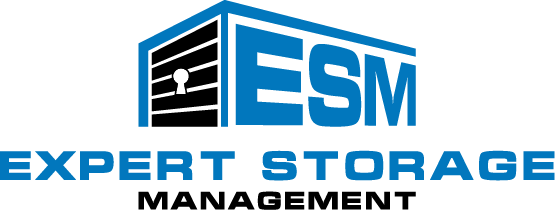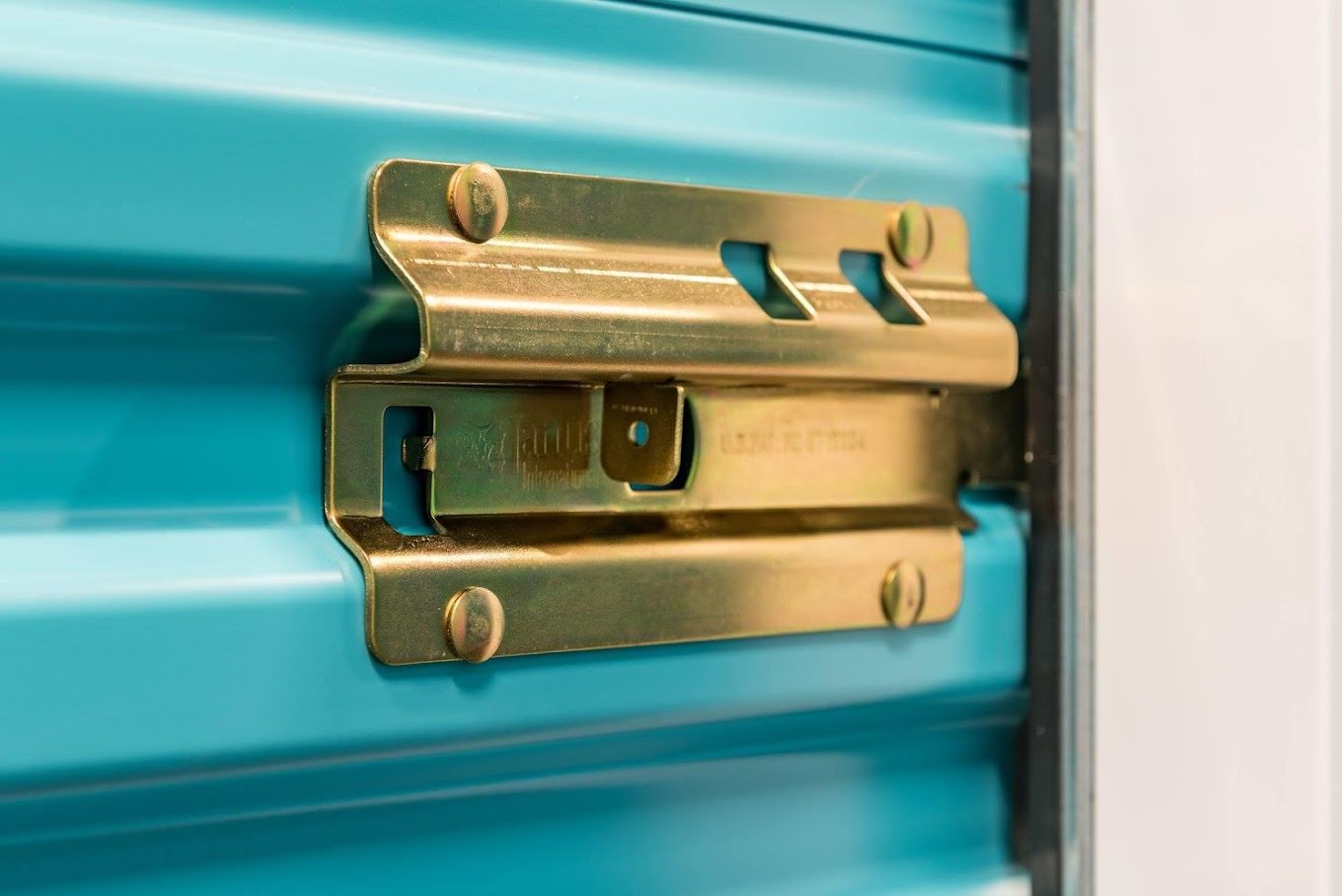Living on the Edge: 12 Secrets to Close Every Self-Storage Sales Lead
By Sean Landry
This article shares 12 strategies you can use to make the most of every sales lead. Learn how to follow up on prospects, establish rapport with customers, understand your competition, profit from ancillary sales and more.
Giving Yourself an Edge
Self-storage competition is fierce, and to be successful, facility operators need an edge. The key is often strong sales expertise to close new-tenant opportunities.
Remember, the single goal of all your marketing efforts is to make that office phone ring or entice potential tenants to walk through the door.
Everything you do should be geared toward that moment, and making the absolute most of it needs to be the top priority.
Here are 12 strategies to help you make the most of every sales lead.
1. Track Every Contact
Most modern management-software programs include lead-tracking options. Use them. Enter as much information as possible into the notes section, even if you don't close the deal. This will make your follow-up conversations far more successful.
2. Follow Up
Never forget that new rentals are the lifeblood of your business. Follow-up calls lead to new rentals.
I once called a man who had visited my facility two days earlier. His response was, "Of all the facilities I visited, you're the only person who called me back. If I decide to rent from you and I probably will-it'll be mostly because of your follow-up. I work in sales, and I appreciate what that extra effort represents." True to his word, he came back the same day and rented a unit. This is just one of many such outcomes, but it illustrates how powerful follow-up can
Of course, following up requires a common sense and patience. There's a fine line between being helpful and being a pest. I advise my managers never to place a call before 10 a.m. and require them to place at least three well-spaced follow-up calls to the customer unless he's given them a definite no. A strong but friendly follow-up policy will result in more rentals.
3. Use Your Calendar Diligently
Some management software allows you to set daily reminders. These usually can be categorized as "Inquiries to Follow Up" or "Reservations to Move In," or something similar. If your software doesn't include this option, use a digital calendar such as Microsoft Outlook. No manager should ever leave for the day without completing the follow-ups scheduled for that day and preparing the next set.
4. Be Courteous and Helpful
When someone enters your office, you must be on your A-game.This starts with an immediate and proper greeting.
Stand up, smile and introduce yourself. You might be surprised how far this goes. Many customers will tell you they really appreciate this simple courtesy. And if you pause for just a moment after introducing yourself, many customers will respond by telling you their name. Knowing the name of the person standing before you and using it in your sales presentation and follow-ups works wonders.
After your introduction, ask the customer how you can help-and mean it. Unfortunately, poor service has become the norm in many business sectors. Consumers have come to expect bad service, so surprise them.
It also pays to keep hot coffee and a few bottles of cold water handy. Offer potential tenants a beverage. Some facilities even put custom-printed labels on their bottled water. In an age where good service is hard to find, these simple and inexpensive gestures go a long way.
5. Establish a Rapport
The importance of establishing an easy, friendly relationship with potential tenants can't be overstated. Customer answers to your questions often reveal common ground, and finding something in common can be the impetus to a signed lease. To establish rapport, you must ask questions like:
- Have you ever used self-storage before?
- How long will you be storing with us?
- When is your move?
These are just a few basic examples that will help lead the conversation.
Remember, once you've asked a question, shut up and listen-really listen—to the customer's answer. This takes little effort and isn't particularly difficult, but it can be effective and quite enjoyable.
I once left a facility-manager job for the same role at another company, and some of my old tenants moved with me because they liked dealing with me. Not only did this make me feel great, it increased my new facility's occupancy at zero cost. Again, the keys are finding common ground and listening.There are probably a million ways to accomplish rapport, but it boils down to being courteous and friendly.
6. Dress for Success
Presenting a professional appearance can't be overemphasized. Every facility should at least have a basic dress code. A simple polo or button-up dress shirt with your facility's logo printed on it works well. A professional appearance is a necessity, even when you're out on the facility grounds cleaning or completing maintenance tasks. If possible, order branded T-shirts or something similar that can be worn outside the office, weather-permitting.
7. Don't Give Away the House
Lazy or poorly trained managers tend to immediately offer customers every rent special available. This is a mistake and leads to lost revenue.You need to think of special offers as tools to be used only when needed to close a deal. With the right training, you'll learn to gauge what it takes to close the sale on every potential rental. For example, let's say you show a 10-by-10 to a potential tenant who's hesitant torent. Instead of immediately offering a free month or the famous s1 move-in special, a smart, intuitive manager will sense that something as simple as a free lock or waiving the administrative fee could win the prospect's business. This is a good way to add an entire month of rent to the facility's bottom line for the price of a $5 lock.
8. Use Your Power Wisely
If you're lucky, your owner has empowered you to make decisions about the day-to-day operation of the business. My personal philosophy is to do everything possible to empower managers and instill them with a sense of ownership. The more they feel like a facility is theirs, the more they'll do to ensure the operation moves along at peak efficiency.
I also find they're more likely to do whatever it takes to close a deal if they know the owner has their back when it comes to offering discounts, specials, or other concessions that will tip the rental decision in their favor. If you've been given this liberty, cherish it and use common sense. For example, if you have 30 10-by-10 units available, you should feel comfortable offering something extra to close a worthwhile deal. This might be $10 off the rate, a free lock, or whatever reasonable offer you think will result in a signed rental agreement. That said, if there's only one 10-by-10 unit available, a good manager should know not to give it away.
9. Create a Sense of Urgency
Never tell a prospect you have "plenty of units available." This just gives the customer a reason to postpone the rental and check with your competitors. Instead, try to create a sense of urgency with statements like:
"It's a good thing you came in today, I have only a couple of this size left," or "That special we're offering is ending soon." You can even throw in something extra if the potential tenant agrees to complete the rental that same day. A strategy I've often employed is making follow-up calls to inform customers we're nearly out of the unit size in which they were interested.
Then, you can sweeten the pot by offering a free lock or other incentive if they'll come in that day and sign the lease.
10. Know Your Facility and Competitors
A potential tenant will inevitably say something like, "Well, the same unit is $10 cheaper over at XYZ Storage." If you've done your homework, you'll know all the compelling reasons why this person should rent from you instead of XYZ. Make sure you know and can name every superior amenity your facility offers.
11. Ask for the Sale
Your potential new tenant really likes your facility. You've had a nice conversation, and you've found the perfect unit. All that's left is to close the deal. Never be afraid to ask for the sale. Confidence is essential in a good sales presentation. A good way to phrase the ask is by saying,
"Let's head back to the office and get your paperwork going, so you can start storing your stuff in your new unit right away." Or, you can say something like, "Shall we go ahead and complete the rental today?" If you've done everything right up to that point, the prospect will say yes.
12. Assume Ancillary Sales
Merchandise and tenant-insurance sales have become important components to boosting self-storage revenue. At the very least, every new tenant should purchase a lock and sign up for an insurance plan. The key here is to assume the sale.
Don'task if the tenant would like to purchase a lock. Instead, compel him to do so. Say something like,
"You're going to need a lock. Would you prefer a more secure disc lock or a regular padlock?" When it comes to tenant insurance or a protection plan, simply put the form in front of the customer with the other paperwork and ask which insurance amount works best for him.
Finally, Close the Deal
Once tenants have signed their lease, all that's left is to thank them for their business and tell them about your referral program. Using these strategies will give you the sales savvy you need to close every lead.

Sean Landry
Sean Landry is owner and president of Expert Storage Management LLC, which offers third-party management services for self-storage, including staff hiring and training, revenue management, pricing, unit-mix optimization, marketing strategies, and more. He founded the company in 2016 after a successful career as a facility manager and consultant.

